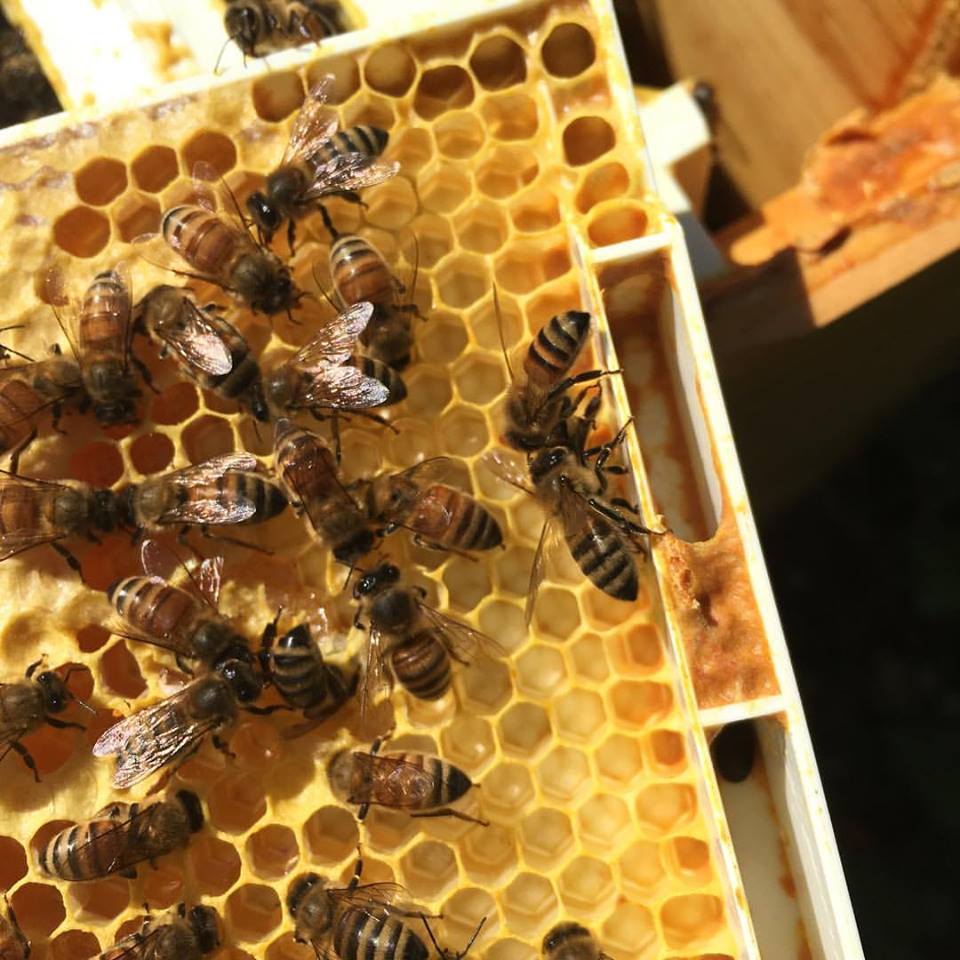Summary: Waxworms which are the larvae of the greater wax moths (Galleria mellonella) and lesser wax moths (Achroia grisella) and small hive beetles (Aethina tumida), are parasites and scavengers of honeybee colonies, Apis mellifera. All three are very destructive to beehives and overall affect bee colony health. While there are numerous mechanical and chemical controls available on the market for these pests, they still are wreaking havoc on the beekeeping industry. Implementing the use of Bacillus thuringiensis species as a biological control for these three pests adds another line of defense against them. The overall goal is to improve honeybee colony health and prevent colonies from absconding or being killed by the infestation. With healthier hives there should be increased profits for beekeepers because damage caused to honey and other products should be reduced or eliminated.
Amount Requested: $15,000
Principal Investigator: Nadia Ruffin, MS
Funding Sources
2019 North Central Farmer/Rancher SARE Grant Recipient- $9,000
If you would like to donate to this ongoing study:



